On the morning of February 18, the Institute for South Asian, West Asian and African Studies (ISAWAAS) in collaboration with the Asia-Pacific Economic Journal organized a scientific seminar entitled Looking back at Vietnam's economy after 40 years of Renovation: Journey and Aspiration.
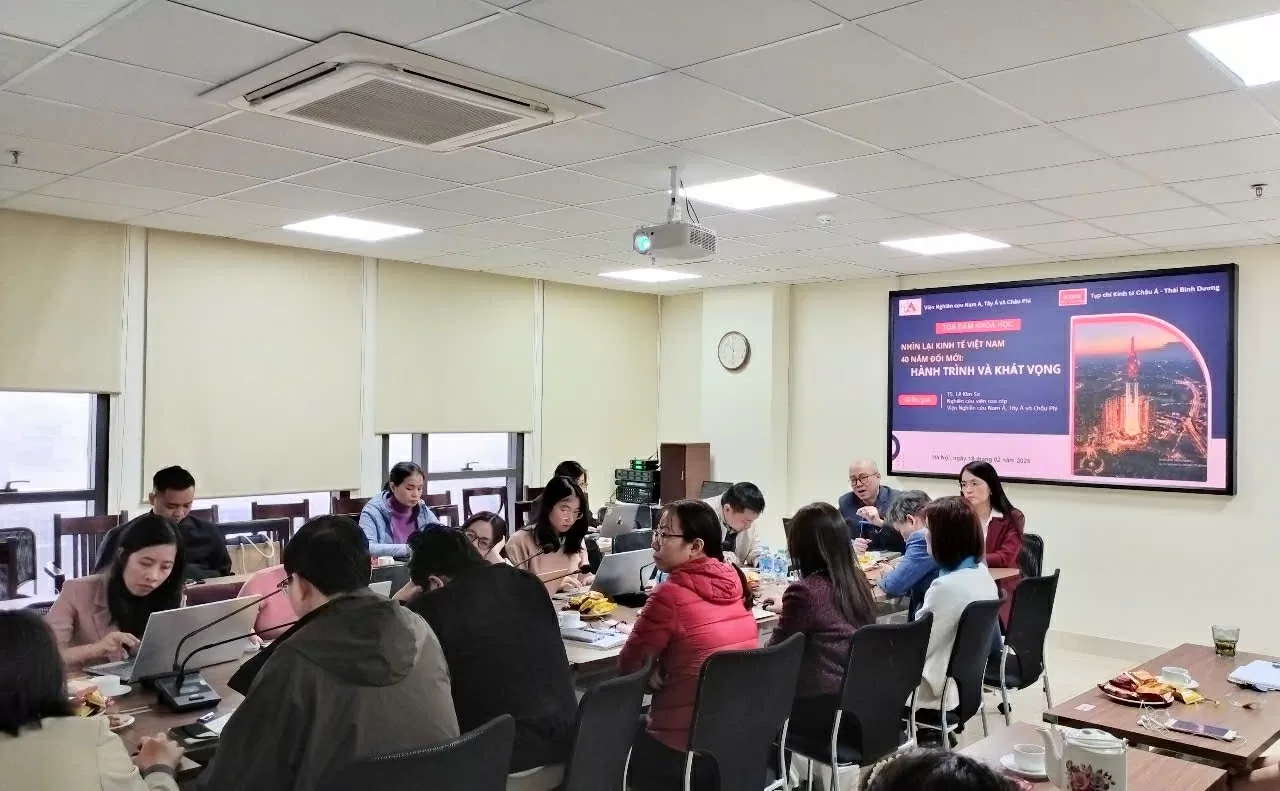 |
| Overview of the scientific seminar Looking back at Vietnam's economy after 40 years of Renovation: Journey and aspiration. (Photo: Hai Phuong) |
The event was attended by Associate Professor, Dr. Nguyen Xuan Trung, Director of ISAWAAS, Dr. Phan Cao Nhat Anh, Deputy Director of ISAWAAS, and officials and researchers of the Institute.
Dr. Kieu Thanh Nga, Deputy Director of ISAWAAS chaired the discussion, accompanied by speaker, Dr. Le Kim Sa, senior researcher of ISAWAAS.
The event was held to summarize the achievements over 40 years of Renovation, identify some prospects, opportunities and challenges, and suggest solutions for the Vietnamese economy.
Speaking at the seminar, Director of ISAWAAS, Associate Professor, Dr. Nguyen Xuan Trung emphasized that during 40 years of Doi Moi, Vietnam has achieved many achievements in terms of awareness, change for integration and opening up. However, at present, Vietnam is still in the lower middle-income group, facing the risk of income trap. The goal of double-digit economic growth and joining the upper middle-income group is a task and an order that requires great effort.
Director Nguyen Xuan Trung affirmed that, in addition, Vietnam is currently facing some controversies about recognizing the importance of the private economic sector. The question of whether this sector can play a leading role in the economy raises the issue of autonomy and challenges for the economy.
At the seminar, speaker, Dr. Le Kim Sa presented the following contents: overview of Vietnam's economy from 1975 to the implementation of Doi Moi, economic institutional reform in the direction of socialism; general assessment of Vietnam's economic development during 40 years of Doi Moi and prospects, opportunities, and challenges for Vietnam at the present time.
In the first part, the speaker said that during the Doi Moi process, Vietnam has reformed its economic institutions with two main pillars: the first is the implementation of four liberalization processes in the economy, including: price and trade liberalization, agricultural liberalization, non-agricultural liberalization (state-owned enterprise reform, equitization), international trade liberalization and promoting international economic integration; the second is the pillar of international integration.
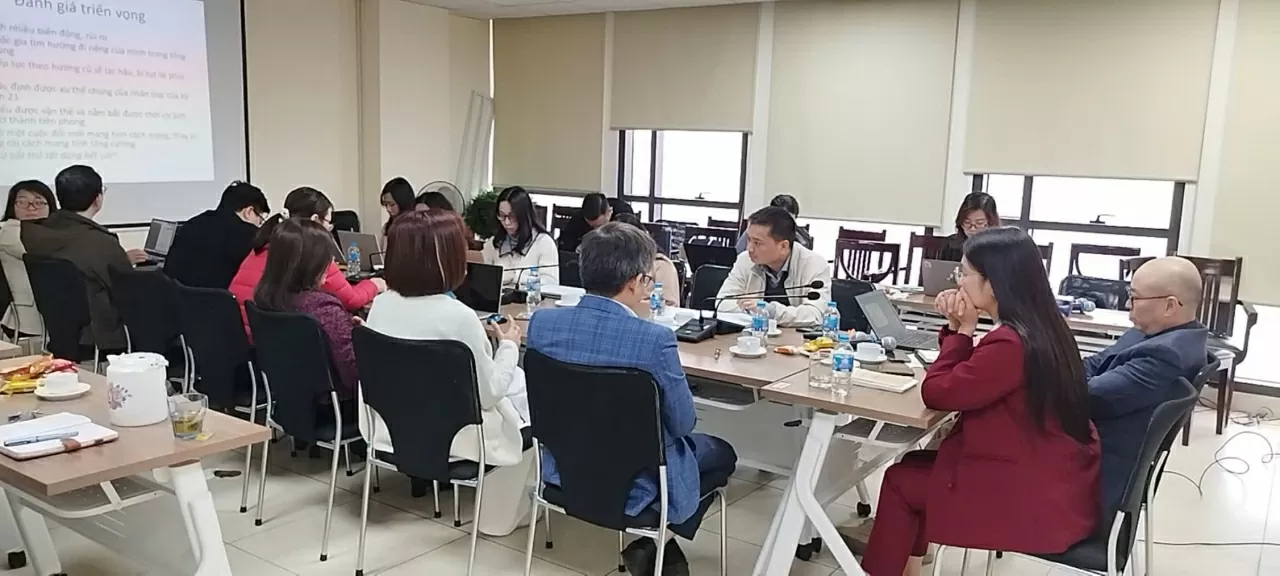 |
| Speakers and guests enthusiastically discussed and exchanged issues about the 40-year economic renovation process in Vietnam. (Photo: Hai Phuong) |
As a result, after nearly 40 years of Doi Moi, Vietnam has achieved many great achievements, with high economic growth rates, especially in the first years. Vietnam has expanded international cooperation, participated in institutions and signed many bilateral and multilateral free trade agreements (FTAs) to develop the economy and integrate deeply. These changes have brought positive impacts to people's lives.
Despite many achievements and new economic opportunities, such as high industrial cooperation opportunities, maintaining the main driving force of import and export, attracting FDI investment, Vietnam is facing major challenges, such as depletion of traditional advantages in resources and labor, unbalanced development, and failure to achieve the set goals.
Faced with these challenges, Vietnam needs new breakthrough and revolutionary solutions instead of just incremental reforms. Dr. Le Kim Sa pointed out that, in the new context, each country needs to find its own direction in the overall picture. Therefore, if Vietnam continues to follow the old path, it will face the risk of being outdated and falling behind.
Source: https://baoquocte.vn/40-nam-doi-moi-kinh-te-viet-nam-hanh-trinh-va-khat-vong-304766.html








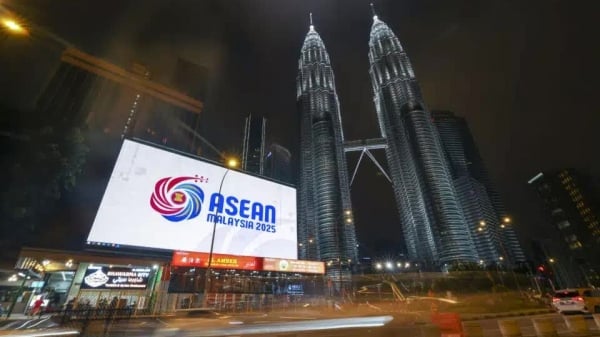
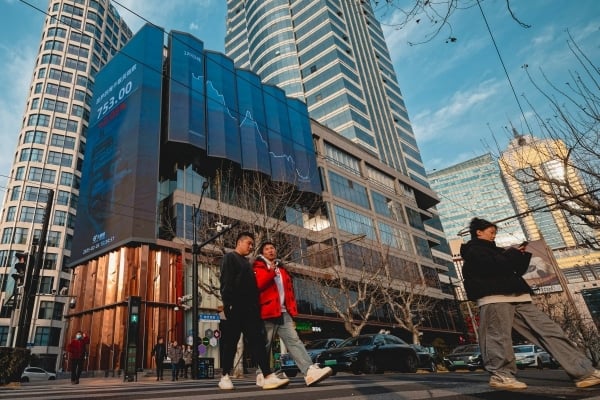


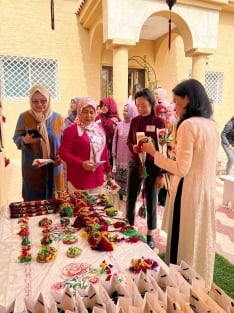
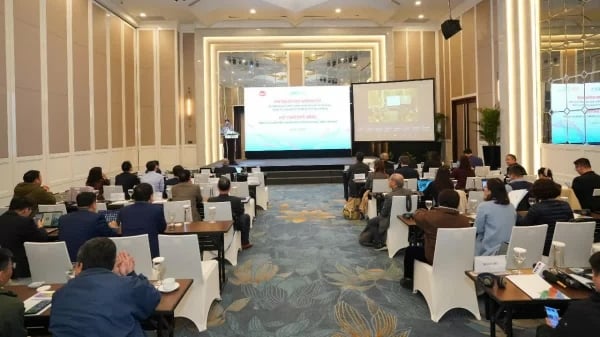
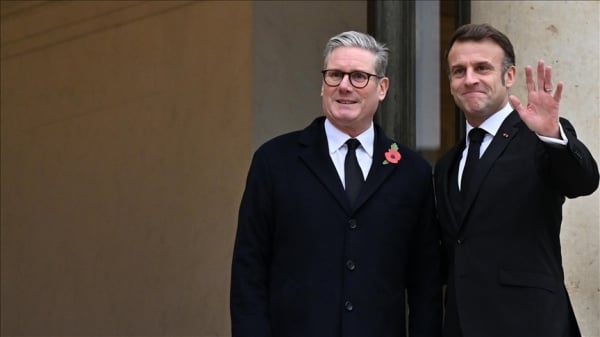
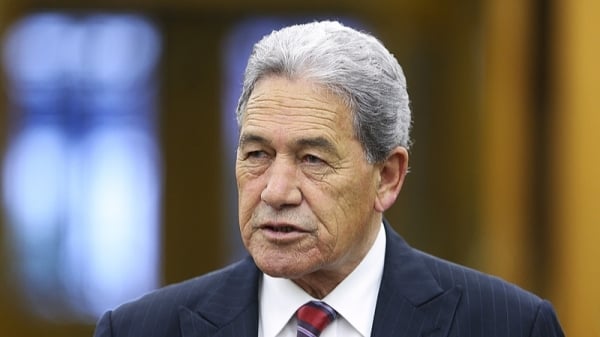



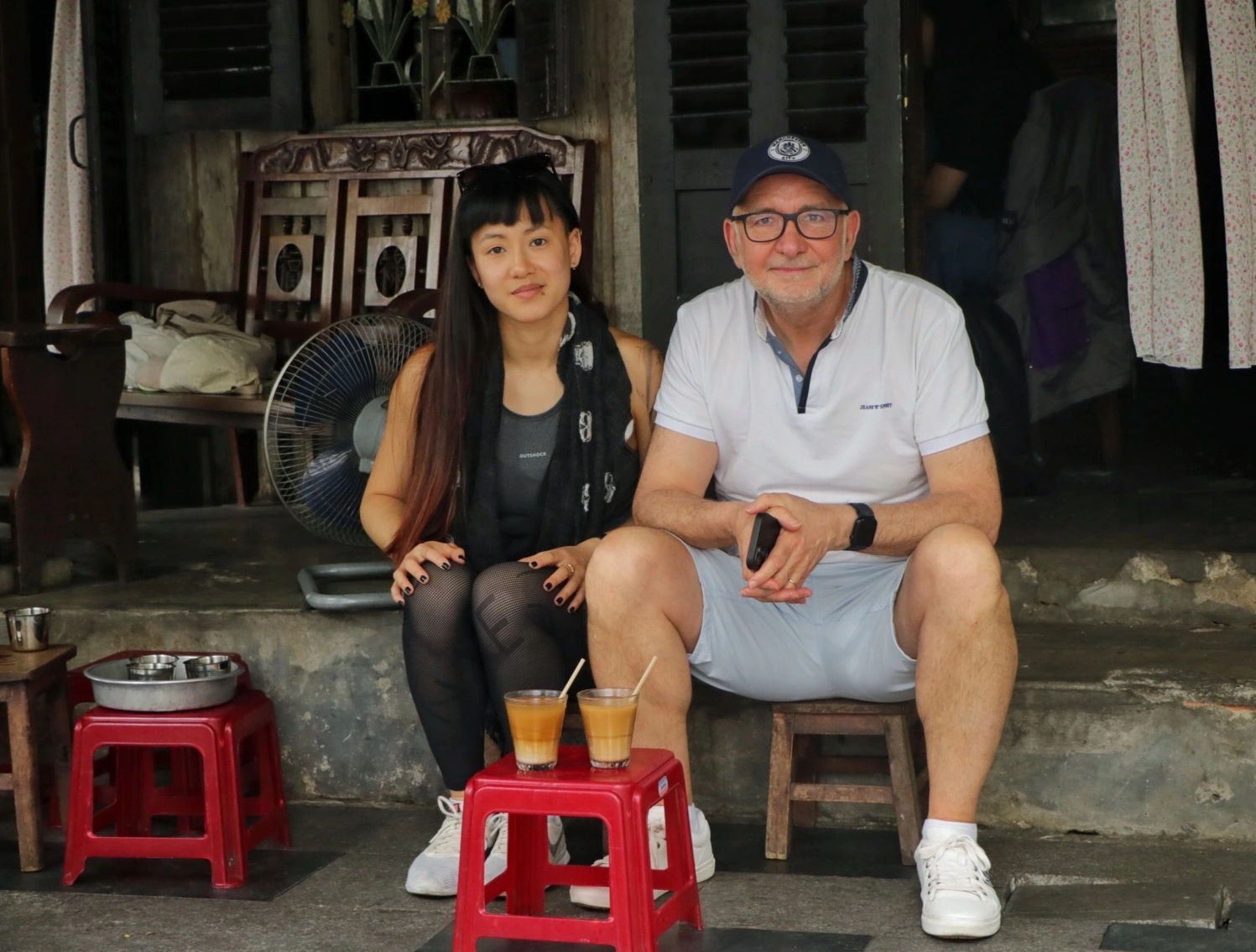

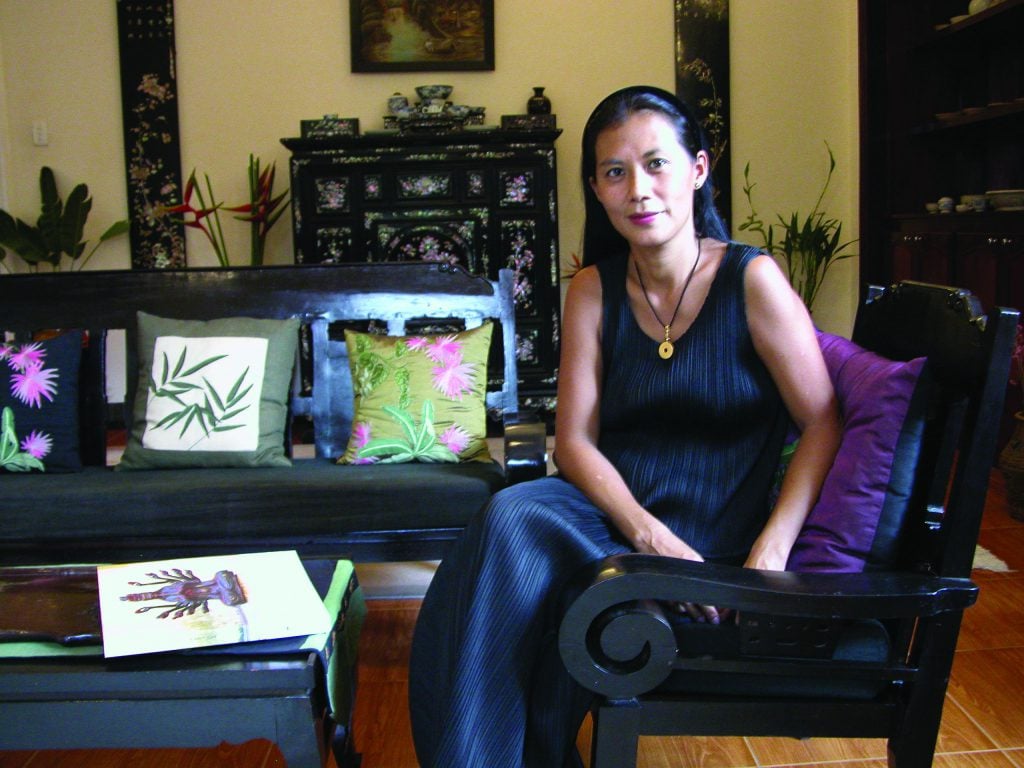



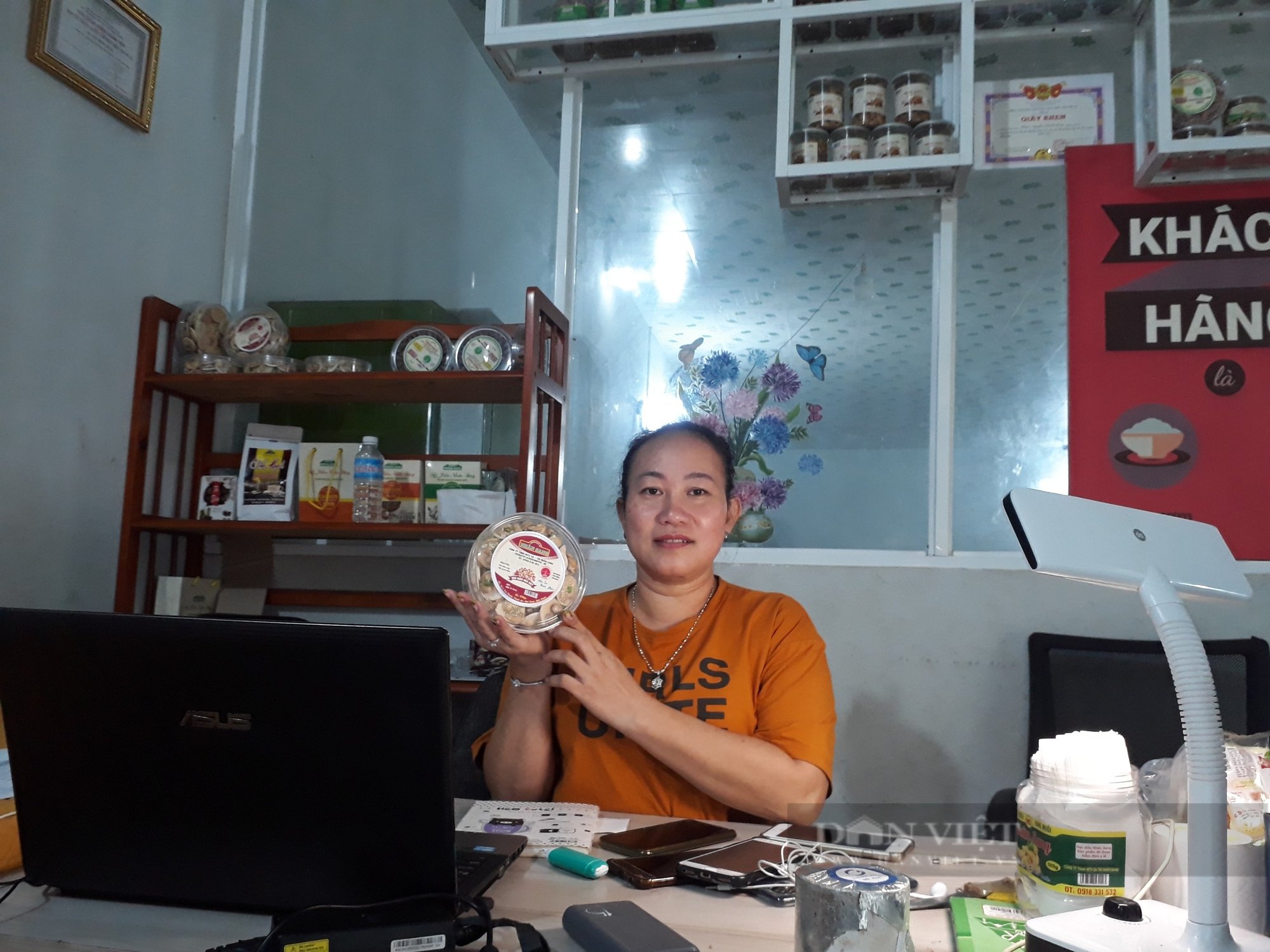



Comment (0)